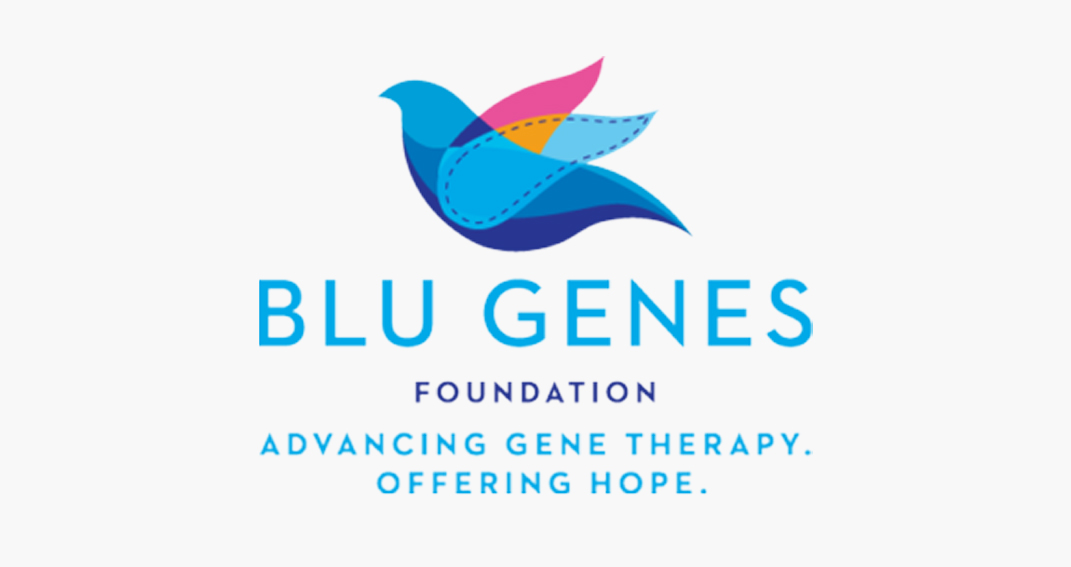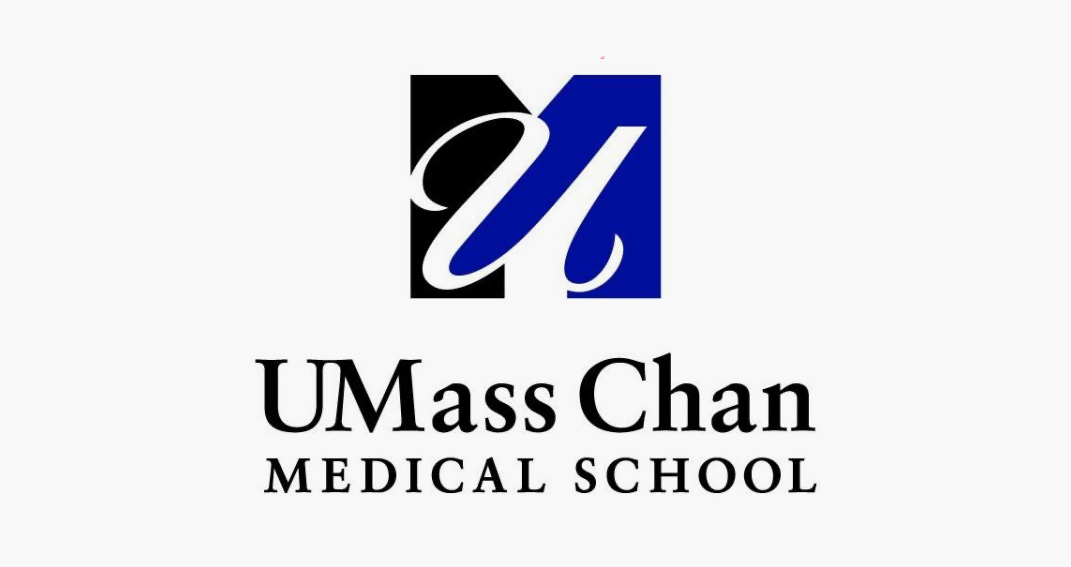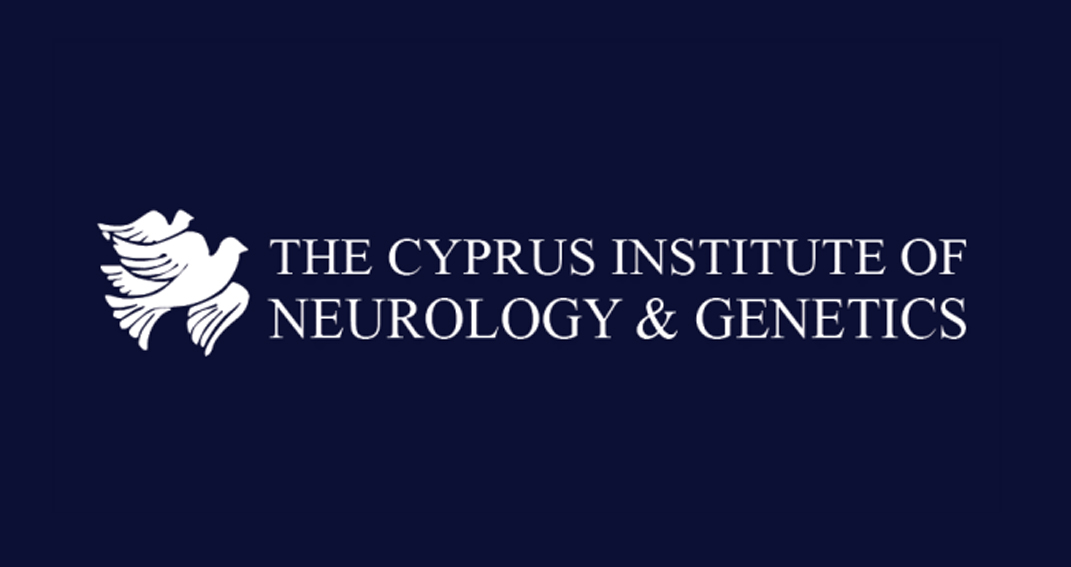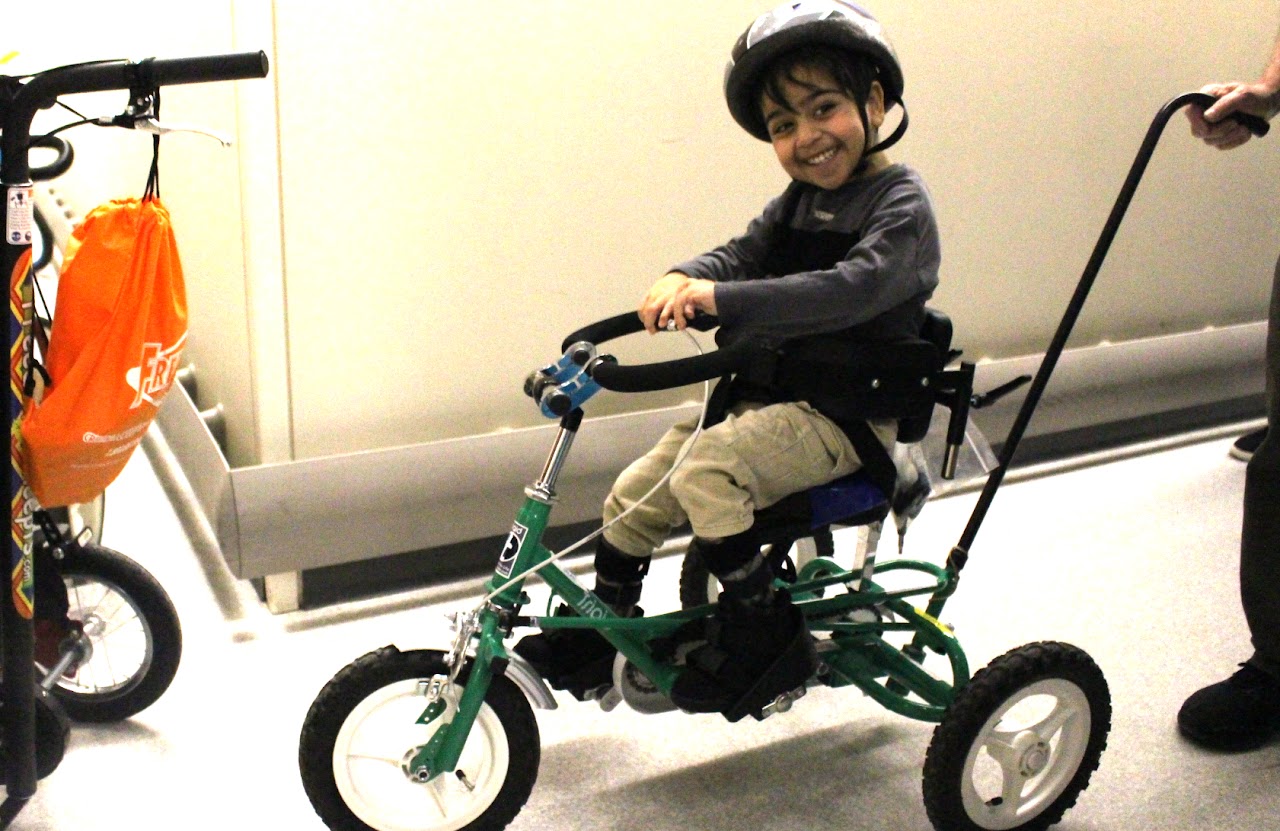
In support of advancing gene therapy and offering hope.
Finding a cure for PMLD
“There is no cure, nor is there any treatment to stop the progression. Soon Musa will lose the verbal, cognitive and motor skills he has worked so hard to gain. When I think about the future, I tell myself we must stay healthy, as there is nobody else to care for him. I need to stay hopeful. I need to believe there will be a cure.”
When I used to dream about our little family’s future, I pictured scraped knees, football games, graduations and first dates. That dream never saw this future, a life defined by a medical diagnosis and life consuming therapies and an unwavering mission to find a treatment or cure.
“Thank you for helping our family find a cure and restore our hope for the future.”
~ Sabiha (Musa’s mom)
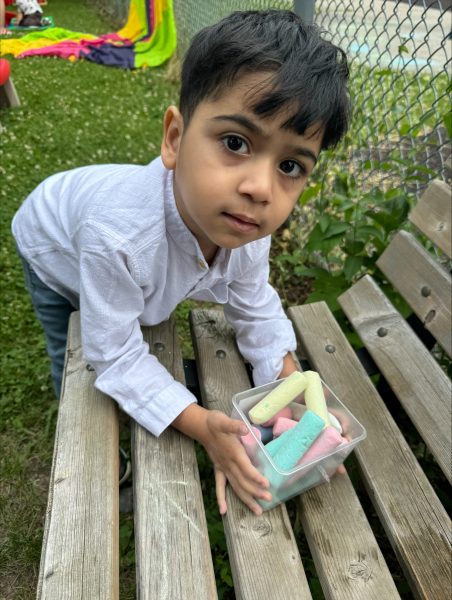
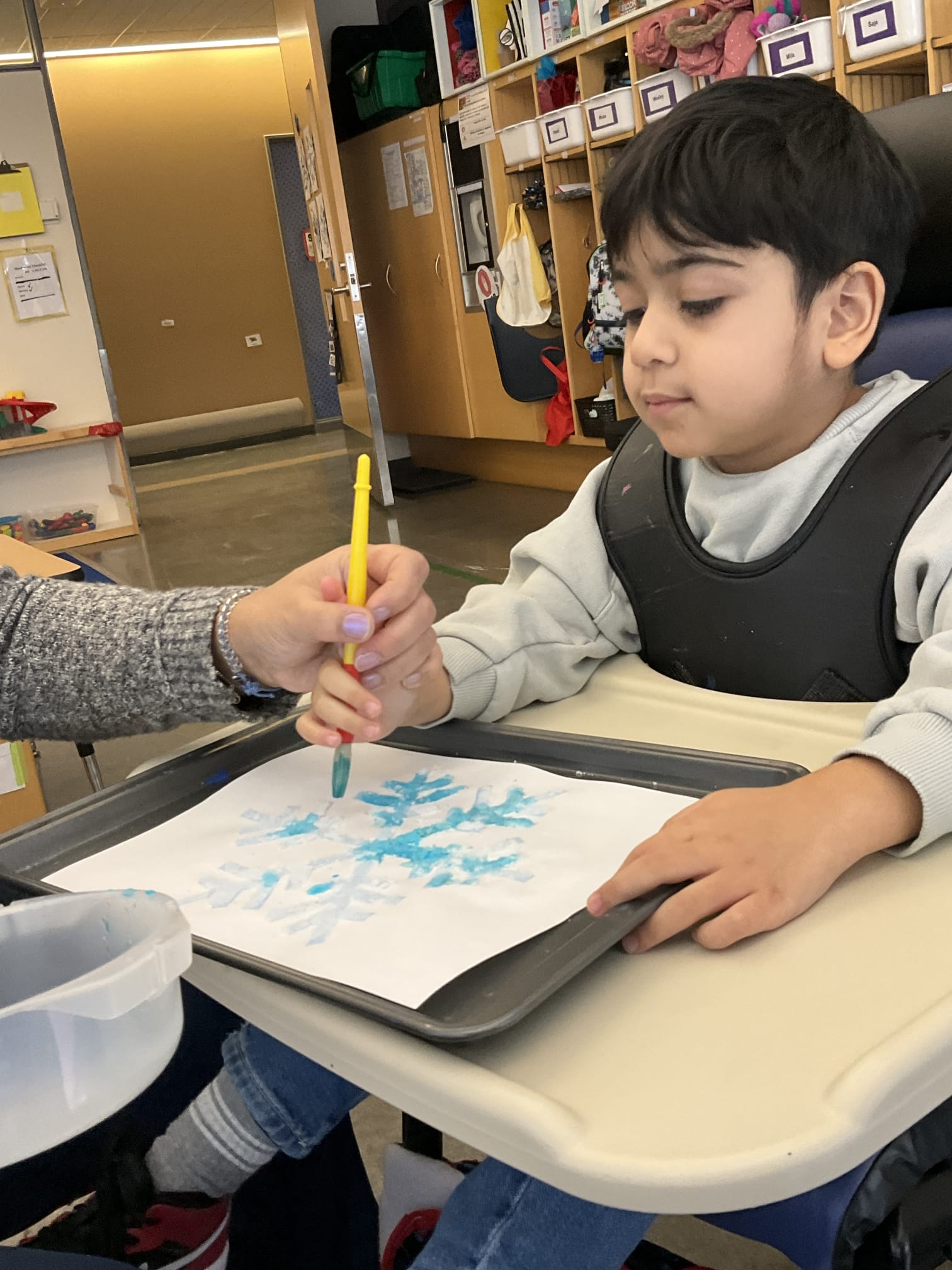
Musa’s Story
Musa is a brave and happy 5 year old boy who lives in Toronto with his mom, Sabiha, his Dad, Imran and his big brother, Isa (9yrs).
Musa was diagnosed with Pelizaeus-Merzbacher-Like Disease (PMLD), an ultra-rare genetic disease of the myelin, which is the white matter of the central nervous system (brain and spinal cord). Because of the rare nature of this disease, like many rare and ultra rare diseases, there is no approved treatment, no known cure and it is progressive; which means Musa eventually will lose most of the motor, verbal and cognitive skills he’s fought so hard to acquire.
Musa goes to a special school, where he gets all of his therapies. He has learned a lot and will stay there until he is 7 years old. When he reaches first grade, he may be able to choose to join a regular school.
A Gradual Diagnosis
At 6 months, Musa’s eyes were not reacting as they should. An ophthalmologist at SickKids Hospital diagnosed Musa with nystagmus – rapid, uncontrollable eye movements– this could have been a symptom of lack of myelin in the brain. This is a symptom that could resolve itself, as myelin develops in the brain as a baby until three years of age. As this seemed like a likely cause, no testing would be done until Musa was three.
At three Musa was still not walking, and he was saying just a few words – an MRI showed there was not enough myelin in his brain. No screening had been done before Musa’s birth, as there were no relatives with any inheritable genetic diseases.
Musa started therapies immediately; physical, occupational, and speech therapy and was making some progress little by little.
A second MRI showed that myelin was not developing and genetic testing confirmed that Musa has a mutation in the GJC2 gene, which meant he had PMLD. The disease is ultra rare, there is no known cure, and is progressive, which means Musa eventually will lose most of the skills he’s fought so hard to acquire.
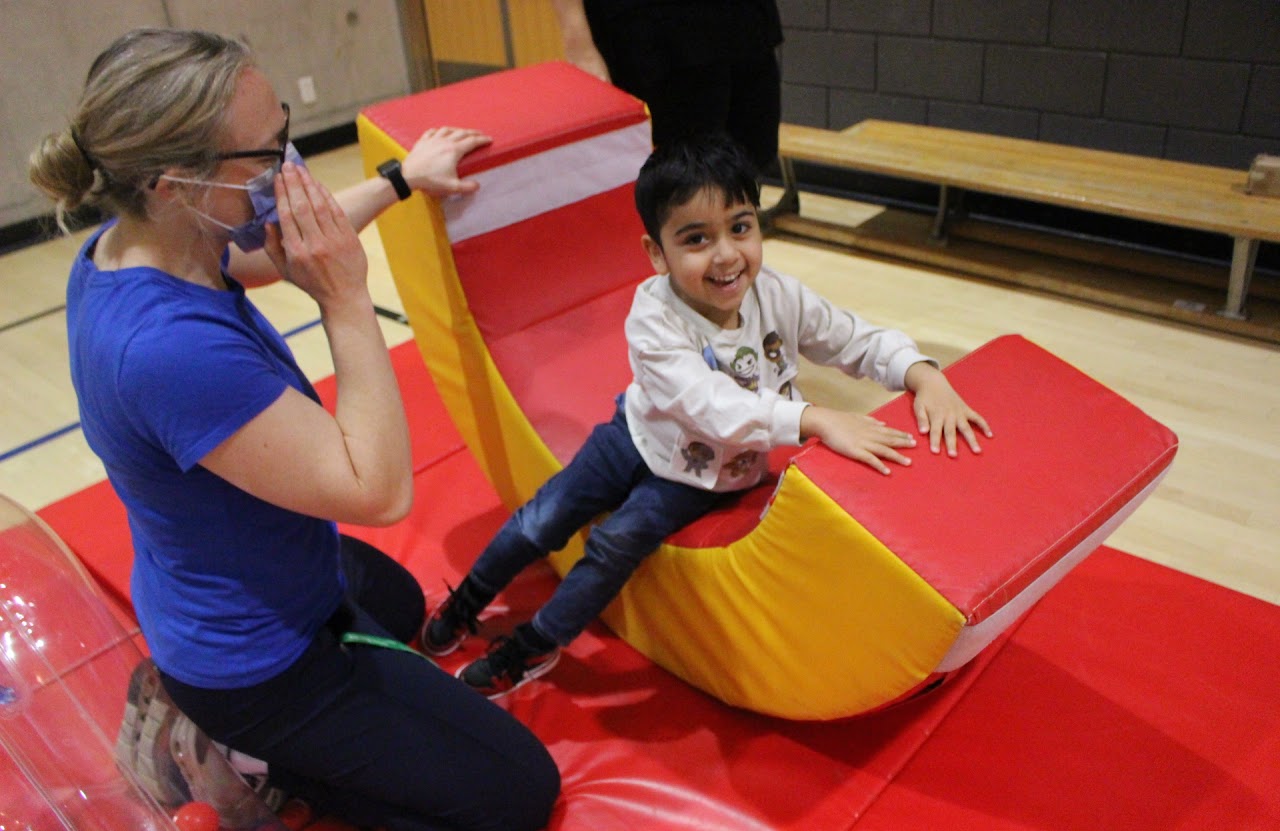
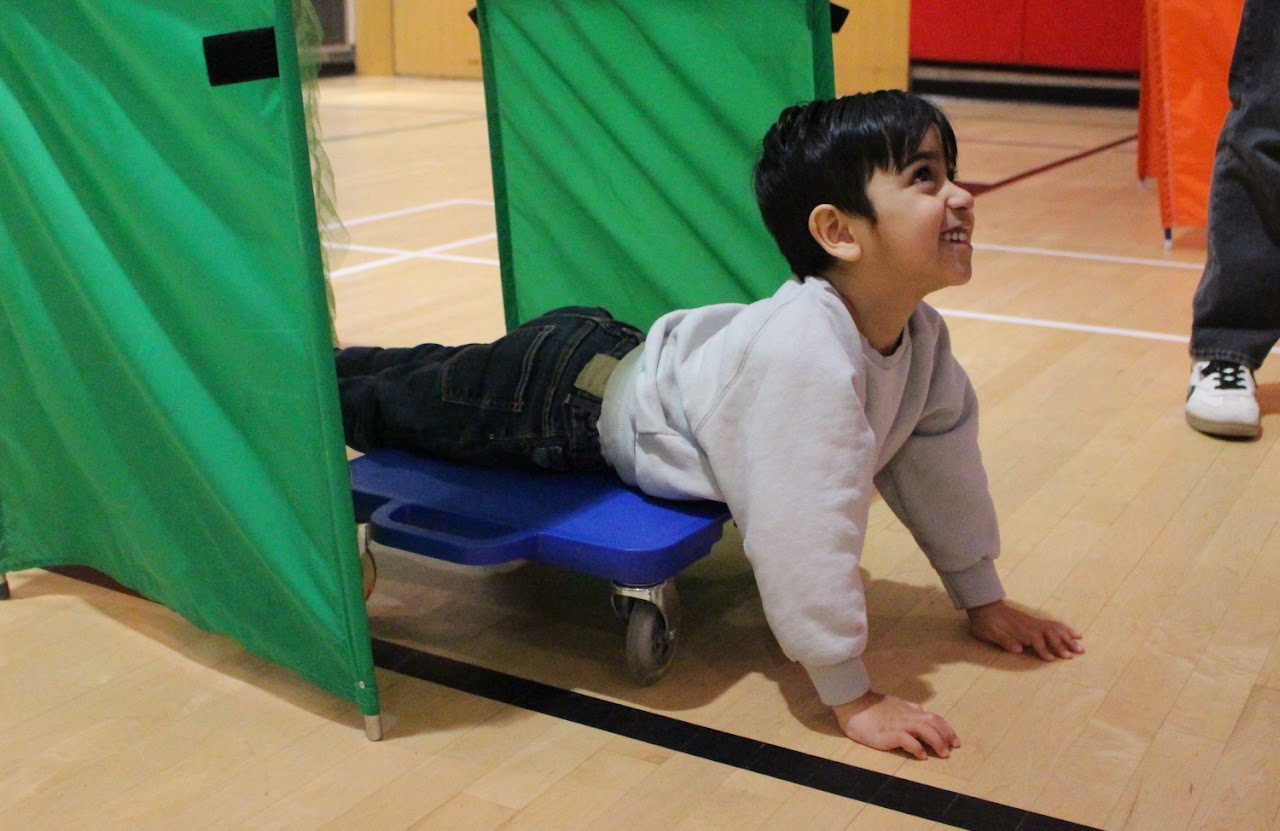
What is PMLD?
Pelizaeus-Merzbacher-Like Disease, or PMLD, is an ultra-rare genetic disease of myelin, which is the white matter of the central nervous system (brain and spinal cord).
In patients with PMD and PMLD, like Musa, the myelin does not form properly. Myelin insulates the nerves for proper conduction of nerve impulses. When the myelin does not form properly, nerve impulses do not travel properly in the central nervous system and the disease progresses slowly.
Some of the symptoms of PMLD are weak muscle tone (hypotonia), involuntary movements of the eyes (nystagmus), impaired development of speech and motor skills, such as walking, sitting or grasping objects, and muscle stiffness (spasticity), which replaces hypotonia as children get older.

How to Help
Hope is in the Research
With Rare and Ultra Rare diseases, there is a lack of funding from government, institutions and social sources as these diseases impact a small population of people. But no matter how rare, Musa and kids like him need help. Blu Genes was created to advance gene therapies for rare diseases and offer hope. Musa and his family have joined with Blu Genes to raise funds to advance research towards a treatment for PMLD. They have found the world leading research experts who hold the key to this cure – the only thing missing is funding. You can donate today to make a treatment for Musa and children like him possible
The Latest Research:
There is hope for Musa and children like him thanks to the teams at the Cyprus Institute of Neurology and Genetics (CING) and University of Massachusetts (Umass).
Dr. Kleopas is a world expert in PMD/PMLD and has a gene therapy treatment model that has shown success, but as with many gene therapies for neurological diseases, getting sufficient doses of the therapies to the areas they are needed has lagged. Passing the brain’s blood barrier is the most difficult to cross. Finding more effective ways to get higher payloads of therapies to the brain represents the potential to make current and new therapies far more effective.
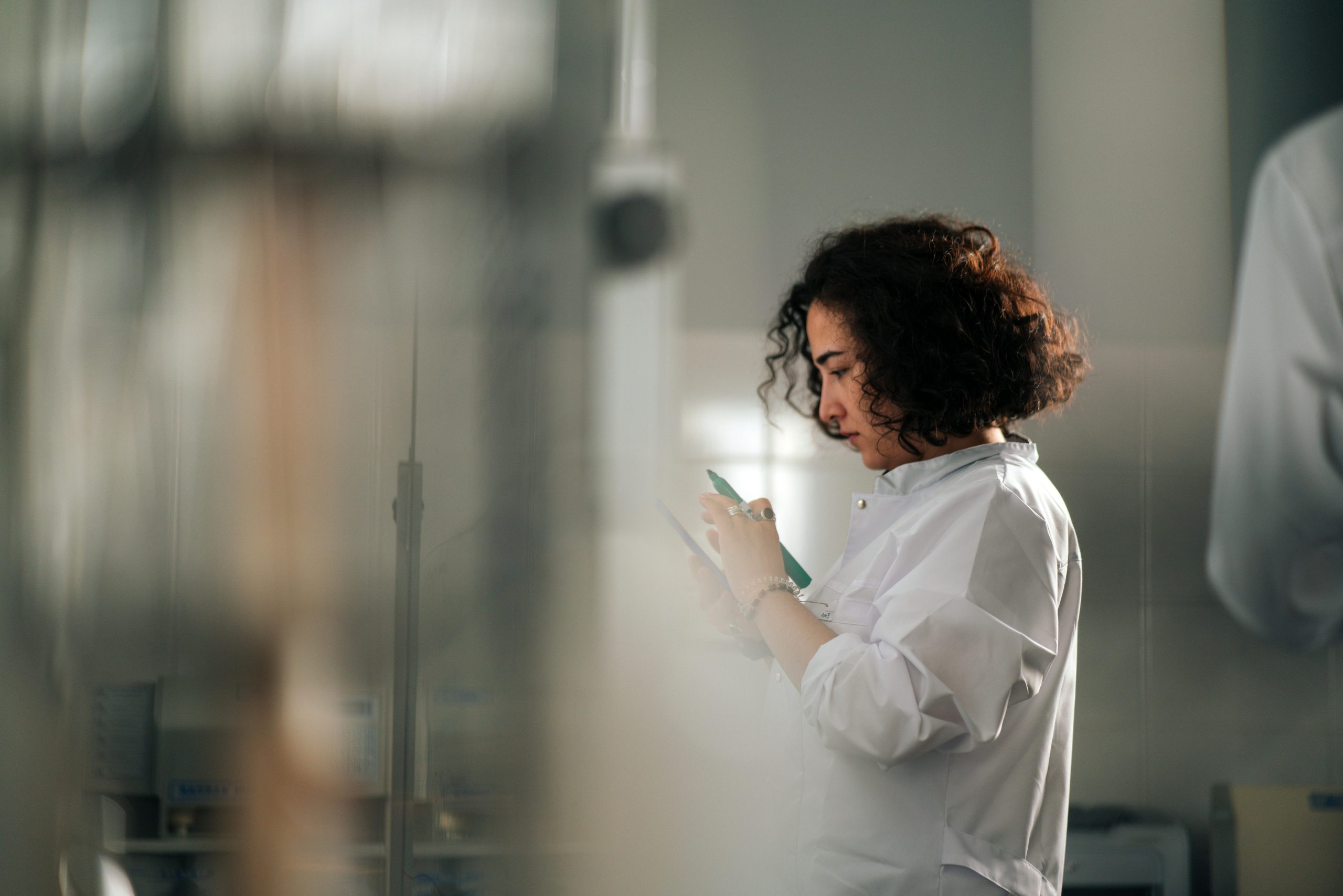
This is where a global collaboration with Dr. Esteves developed.
Dr. Esteves leads the Translational Institute for Molecular Therapeutics at Umass Chan Medical School and has developed a mouse model that my hold the key to crossing the blood brain barrier. He engineered an adeno-associated virus (AAV) capsid, BI-hTFR1, that binds human transferrin receptor (TfR1), a protein expressed on the blood-brain barrier. Compared to the current best delivery system for gene therapies – AAV9, this new capsid provided 40 to 50 times greater reported expression in the central nervous system of humanized mice with the disease.
Dr. Kleopas and Dr Esteves are currently partnering to use Dr. Kleopas’ PMLD1 therapy paired with Dr. Esteves’ highly effective capsid to deliver a successful treatment for the disease.
This is an example of collaboration at its best: Cyprus Institute, UMass, Blu Genes Foundation, PMD Foundation, PMLD Support Group & Families. While this particular study is targeting PMLD1, the outcomes will have broad benefits to all patients impacted by Leukodystrophy – where the cerebral degeneration characterized by dysfunction of the white matter of the brain, as there is potential for subsequent use of this genetic therapy for PMD and other neurological diseases.
Let’s get fundraising – the therapy development budget
Total to be raised $1.7 Million
This project is being supported by:
